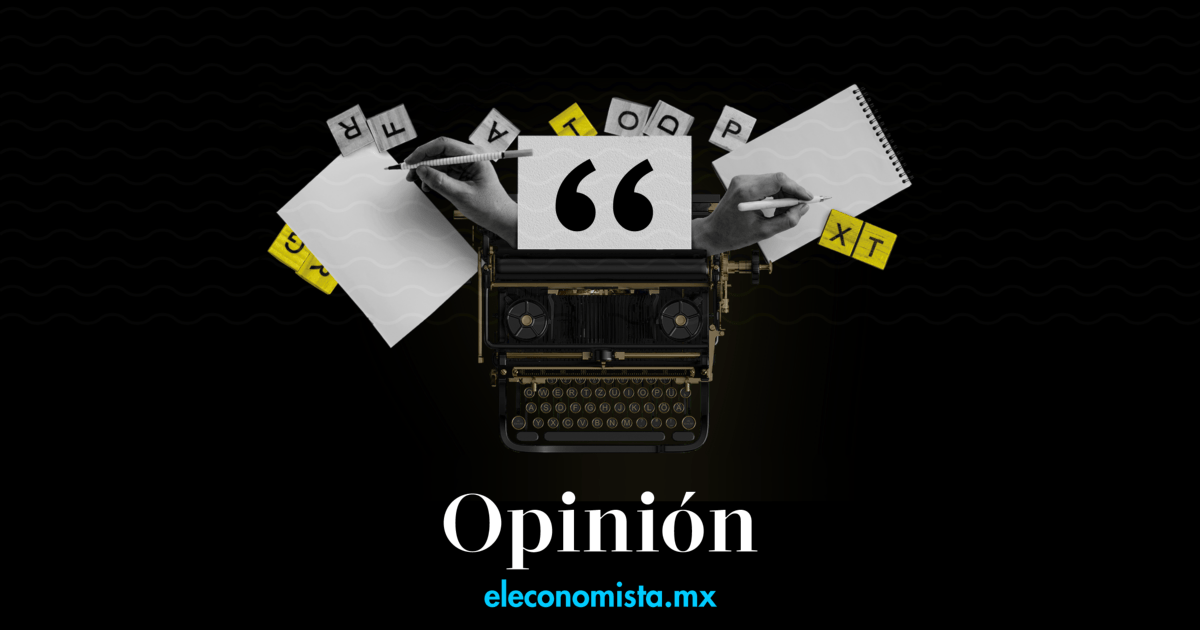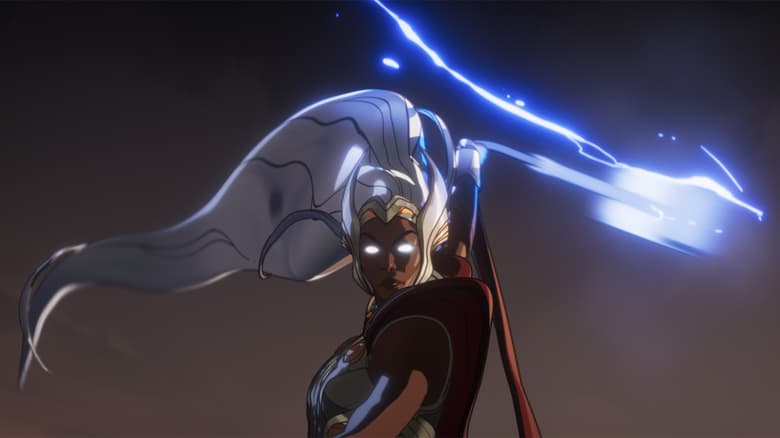A new constitution that reverses important political achievements, the dissolution of Parliament 18 months ago and the push for ultra-presidentialism by President Kaïs Saied, suggest that the process of building democracy in Tunisia is going backwards at high speed.
After becoming the territory of origin of the popular demonstrations of 2010, known by the media as the “Arab Spring”, and the only State in that group of countries where a path to democratize public life was undertaken, recent events prompt reflection on the challenges and the current state of that country.
Is it true that Tunisia is returning to similar conditions prior to 2010, where then President Zine El Abidine Ben Ali had been in power since 1987? The answer is simple: no.
Although it is true that the institutions of that country have been arbitrarily modified and a campaign of persecution against various politicians has been launched, along with the neglect of the basic needs of the population, there is no doubt that the citizenry has been positively transformed. and social change is difficult to dismantle.
From the empowerment of its civil society and the union organization -which are expressed in popular protests of discontent- to the capacity of action of various political parties on the political system, they are signs that the political opening in the country will be difficult to stop.
Despite the obvious institutional setbacks, the population has changed profoundly since the 2010 demonstrations. After that moment, the organization of the population is much more agile and civil society, among many other actors, has taken on much greater relevance in politics from the country.
Just last March 4, what is considered the biggest protest so far against President Saied, organized by the Tunisian General Union of Labor (UGTT), the most powerful union in the country, took place. Likewise, the opposition political parties have managed to organize themselves under the National Salvation Front, a coalition that seeks to confront the measures against the leaderships critical of the current administration, which include censorship, arbitrary arrests of opposition figures, businessmen, former public officials and leaders. partisans and outlawing their participation in politics.
It is true that the government’s containment policy against the opposition remains firm, and the intention to increase the personalized power of the presidential figure is in force as never before for a decade. However, the population in general, the civil and labor organization, along with the political parties and their leaderships, will surely remain on the path of resistance in the face of President Saied’s temptations to establish an autocratic regime and prolong the measures repressive.
One cannot speak of a democratic decline when, the truth is that Tunisia failed to consolidate itself as a democracy at any time. Yes, their process was advancing with some stability, but it still presented profound challenges that would not be resolved immediately. The democratizing path of public life in no country is linear. Rather, it could be illustrated as a pendulum or labyrinth, in which one advances, but then also regresses in some way over supposedly won battles.
In this sense, Tunisia is right now in one of those episodes where the path forward is faced with natural resistance to positive change. But the popular organization and its institutions will have to take charge of redirecting the cause.
The current democratic setback will surely not be the end of an attempt to improve the lives of citizens through the consolidation of democratic institutions that directly address the most pressing needs of the population: increased employment -mainly for the youngest sector – and their income for the consumption of basic products and services such as food, health and education. There is no doubt that Tunisia resists despite the obstacles.
*David Hernández López is a Member of the Study and Reflection Unit of the Mexican Council of International Affairs (COMEXI) “Africa, the Middle East and Southeast Asia”. In addition, he is a researcher at the Gilberto Bosques Center for International Studies of the Senate of the Republic. He has a degree in International Relations from the Acatlán Faculty of Higher Studies of the National Autonomous University of Mexico (UNAM) and is currently a Master’s student in International Relations Studies in the Graduate Program in Political and Social Sciences at UNAM.
hartford car insurance shop car insurance best car insurance quotes best online car insurance get auto insurance quotes auto insurance quotes most affordable car insurance car insurance providers car insurance best deals best insurance quotes get car insurance online best comprehensive car insurance best cheap auto insurance auto policy switching car insurance car insurance quotes auto insurance best affordable car insurance online auto insurance quotes az auto insurance commercial auto insurance instant car insurance buy car insurance online best auto insurance companies best car insurance policy best auto insurance vehicle insurance quotes aaa insurance quote auto and home insurance quotes car insurance search best and cheapest car insurance best price car insurance best vehicle insurance aaa car insurance quote find cheap car insurance new car insurance quote auto insurance companies get car insurance quotes best cheap car insurance car insurance policy online new car insurance policy get car insurance car insurance company best cheap insurance car insurance online quote car insurance finder comprehensive insurance quote car insurance quotes near me get insurance








